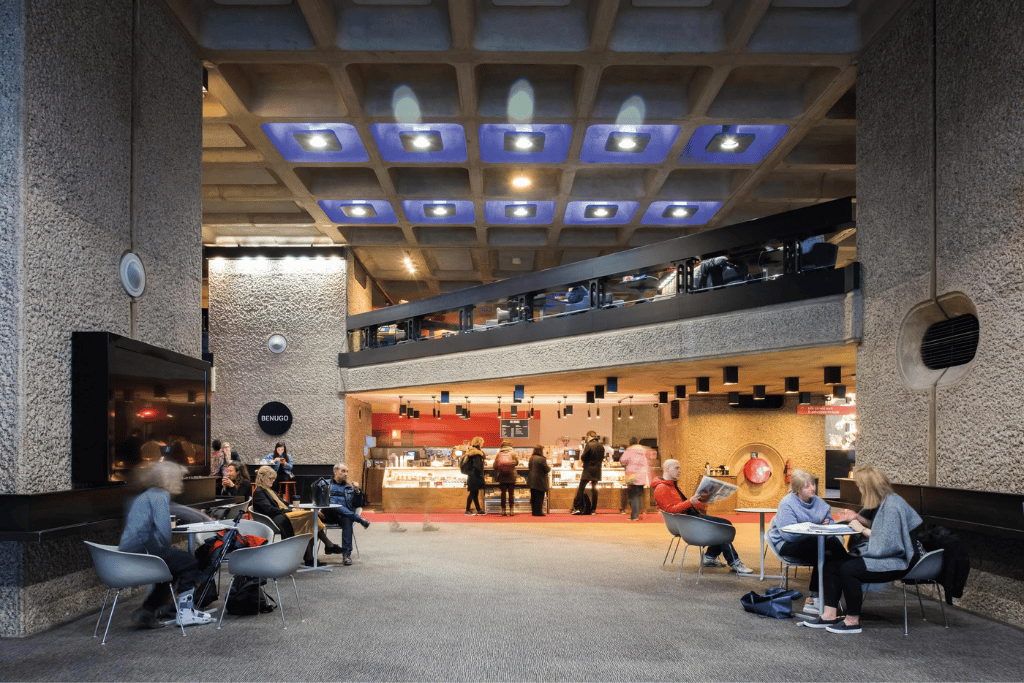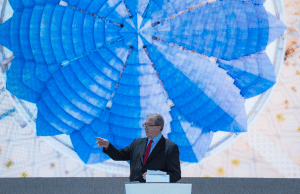Fast profits are not the solution
Europe is short on helicopter money that is supposed to compensate for the rising costs. Moreover, subsidies are a disguise for companies who refuse to make a green transformation or digitise their services. To regulate the increasing costs of renting venues in the long run, making a swift green and digital transformation is imperative. In other words, if conference centres wish to remain competitive, they must keep in step with technological advancements. Above all, to commence their green transformation, they must improve their venue’s energy efficiency or renovate their buildings entirely. The overwhelming majority of buildings are obsolete and inadequate simply because energy efficiency was not on the agenda at the time of their construction.

The whole situation is best illustrated by an overview of the structure of the rising costs when organising an event. An analysis of the budget of events with up to 500 attendees has shown the following pattern:
| Budget segment | Rise of costs |
| Costs of renting a venue and technical equipment | from 20 to 35% |
| Catering service costs | from 20 to 30% |
| Programme costs | from 15 to 25% |
| Marketing and communication costs | from 15 to 20% |
| Staff costs | from 10 to 15% |
| Organisational costs | from 10 to 15% |
| Registration costs | from 5 to 10% |
| Unforeseen costs | from 5 to 10% |
The analysis above is a rough estimate based on classic business events and conferences that include an expert programme, networking and lunch and coffee breaks. The structure depends on the complexity of event production.
Pivotal for every event organiser is the management of fixed costs, predominantly the costs of renting a venue, the staff costs and the costs pertaining to the programme. Variable costs, in particular, catering service, registration and organisational costs, largely depend on the success of marketing or the number of attendees.
The balance between fixed and variable costs is fundamental. Ideally, the balance should be 60:40 in favour of fixed costs.

Establishing tolerance in dialogue
Any of us who provide full-service production will never agree to this because participants attend events for their unparalleled content and experiences. Venues seldom play any noticeable role in this part. As event organisers, we cannot raise the attendee fees significantly, either. Participants only accept a slight rise due to inflation.
How should we regulate the soaring prices of meeting venues, then?
It seems we only have a handful of options. The most drastic among them is to cancel an event and wait for better days, as many did during the corona crisis. Alternatively, we can transfer the events into digital and metaverse worlds or organise them in a studio. All developers of hybrid platforms will be tremendously grateful.
Still, there is a better option; establishing respect and tolerance in dialogue among destinations, venues and event organisers. We must create dialogues with tolerant reciprocity. That is perhaps the only option for the return of positive trends regarding in-person events. If that happens, destinations that offer flexible terms for reservations, provide lower prices in the off-season and can ensure a price guarantee will undoubtedly prosper. Most importantly, every event organiser deserves a clear answer from venues as to why the prices have soared by more than ten per cent. I deem the transparency behind prices crucial.
In any case, make sure to demand that your provider guarantees the prices remain valid until a particular deadline. By doing so, you will avoid future headaches.
As the pandemic withered, it seemed the storm had passed. However, the inflation and drastic rise in expenses seem to be new impediments that prevent the meetings industry from restarting. Our editorial board has decided to analyse the rising costs and trends. In the upcoming weeks, we will prepare a comprehensive study to discern what is happening in this part of Europe.
Editorial by Gorazd Čad














